Googleplex – 1/31/10
It’s time once again to check in on what searches people have done to find themselves at Shakespeare Teacher, and to respond in the name of fun and public service. All of the following searches brought people to this site in the past week.
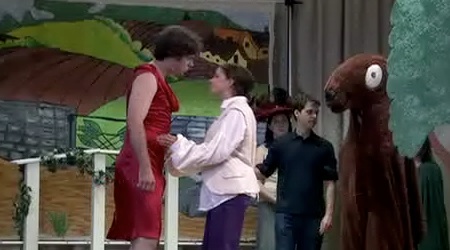
In the episode “Bringing Up Buster,” George-Michael, Maeby, and Steve Holt get involved with a Shakespeare play, which Tobias ends up directing. The cast list is posted below a sign that says Much Ado About Nothing, and the character names are Beatrice and Benedick, so that would seem to be that. But the lines in the play are from As You Like It. And is that kid on stage behind Maeby dressed like a donkey?
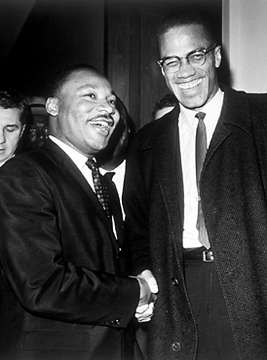
Rex means king in Latin. The letter X following the name of a king, as in King Louis X, is the Roman numeral for 10. So, for example, King Louis X of France is the tenth King of France named Louis. It should be pronounced “the Tenth.”
In the case of Malcolm X, it would be a major faux pas to say “Malcolm the Tenth.” Malcolm Little chose to replace his last name with the letter X to represent the lost names of African families taken to America in slavery.
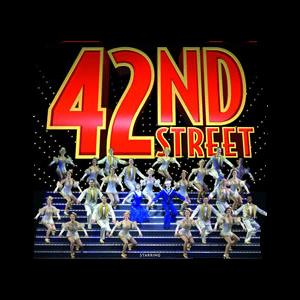
Great question! I’ll leave it as an exercise for the reader. The four letters are “RSTU” and they appear consecutively in a word that relates to live theatre. Does anyone know what it is?
UPDATE: The answer can be found in the comments for this post.
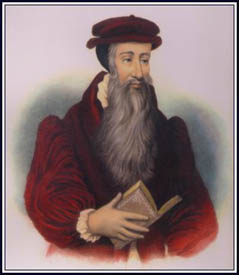
Shakespeare was born in the latter half of the 16th century, a century largely shaped by the Protestant Reformation, which affected each country differently. Scotland broke with the Pope in 1560. (For reference, Shakespeare was born in 1564, and King James in 1566.) The movement was led by John Knox, who studied with John Calvin in Geneva, and then returned to Scotland. The Scottish Reformation led to the foundation of the Presbyterian Church.
James was raised in the Church of Scotland, but came to feel that Presbyterianism was incompatible with monarchy. His reforms took hold during, and beyond the life of Shakespeare. For more information about the Church of Scotland, see this list of resources.

Yes, at least the later Tudors. Shakespeare lived in Tudor England for the first part of his life, and would have spoken roughly the same version of English as the royal family, setting aside allowances for class. But Shakespeare did not always write the way he spoke. Much of the language in his plays and poems is heightened, not trying to capture the way that people would have sounded, but rather to use language to express internal thoughts and emotions. It’s something he was very good at doing, needless to say.
It’s worth noting that the King James Bible was also published in Shakespeare’s lifetime (1611), which is why the language is so similar: “Thou shalt not…” and so on. The Bible was also translated into heightened language, though, and should not be considered an authentic representation of how people would have spoken at the time.
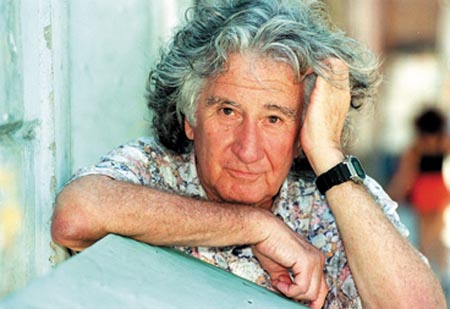
I like to do Forum Theatre. Have students devise a scene illustrating a problem that is prevalent among them. There should be a clear protagonist who wants something but is prevented from getting it because of the problem. They perform the scene. Then they perform it again, but any member of the audience may interrupt the scene by yelling out “Stop!” at any time. At this point, the intervening audience member (spect-actor) replaces the protagonist and tries a new strategy. The other actors improvise around the new protagonist. This is a great way to workshop constructive solutions to pressing problems, to begin a process of rehearsing to make change, and to learn a lot about your students!
I leave the task of responding to the remaining search terms to my readers:
who did shakespeare admire
how shakespeare affected the english language
why francis bacon couldn’t have written shakespeare
king james badmouthed shakespeare
shakespeare games for five year olds ideas
how to make king lear fun
February 5th, 2010 at 9:20 pm
Re: “The Scottish Reformation led to the foundation of the Presbyterian Church.” Why are there still Presbyterians in this day and age, one might ask.
Funny, that very question was posed, and answered, just last Sunday from the pulpit of the Scarborough (NY) Presbyterian Church by the Pastor, Dr. Tim Ives.
Why are there Presbyterians?
Well, someone has to pay retail.
March 7th, 2010 at 9:35 am
which theatrical word has 4 consecutive letters in alphabetical order?
The word is UNDERSTUDY.